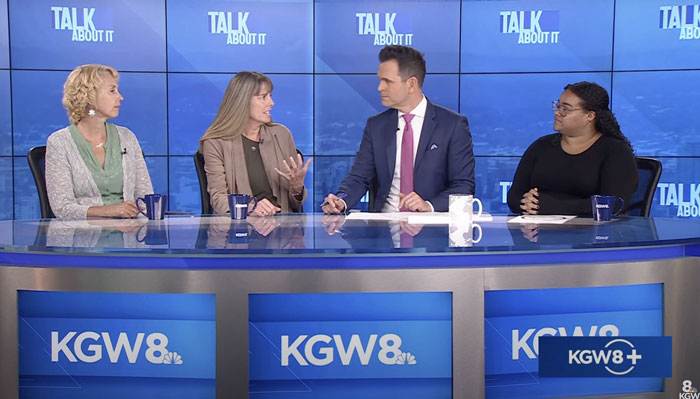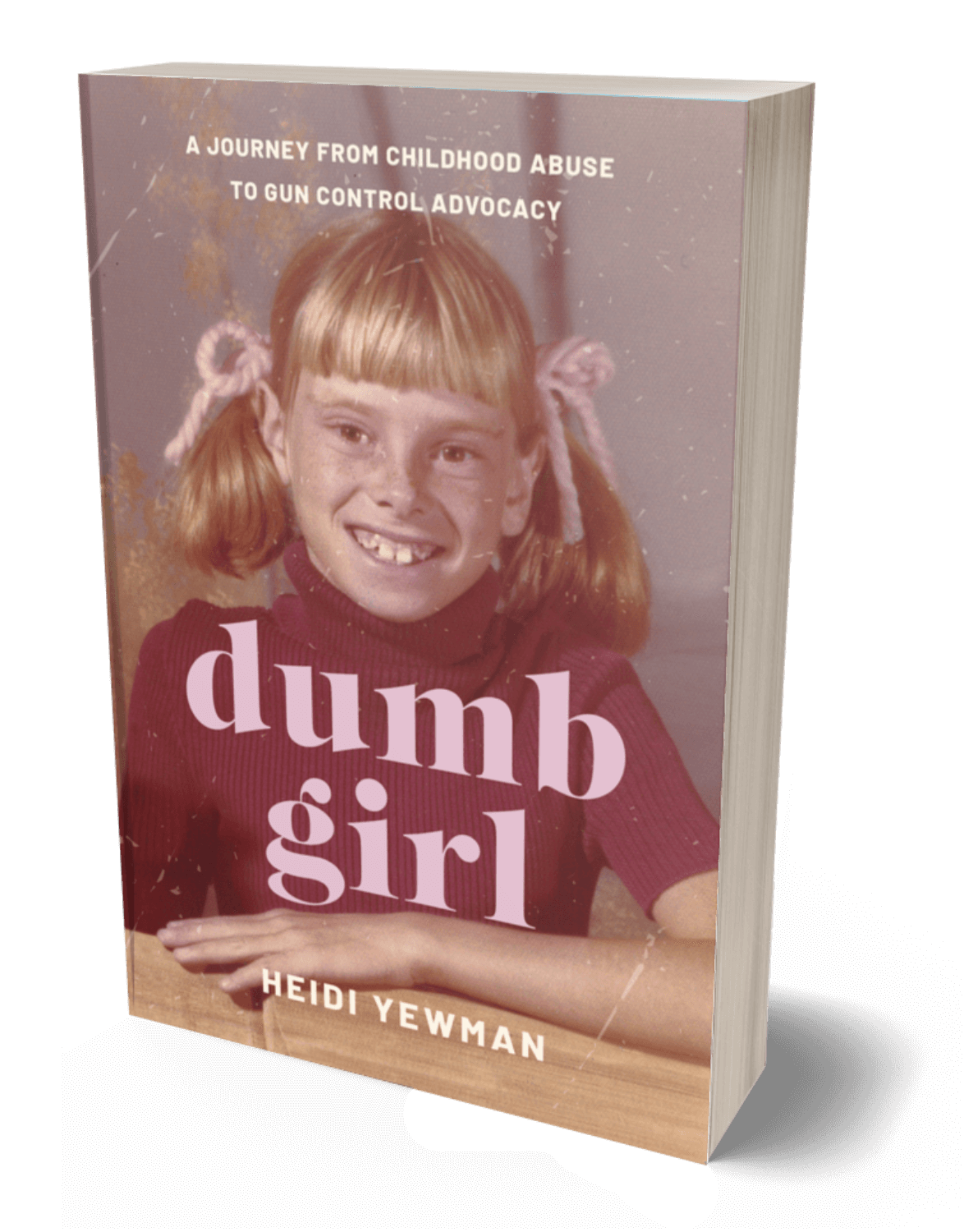Behind every statistic about domestic violence is a child or adult carrying scars that don’t always show. This month, I’m reflecting on what that means for me.
I know what it’s like to be terrified, to lie in bed next to my little brother’s room, listening to my dad slap, hit, punch, and scream at him. I remember hoping he wouldn’t kill him, and at the same time hoping he’d “get it all out on him” so he wouldn’t come for me. I know the fear, the guilt, and the shame that comes with family violence and I know how those wounds plant deep inside a child.
This October, during Domestic Violence Awareness Month, I’m reminded why these stories can’t stay hidden. Recently, I sat on a panel at KGW, Portland’s NBC affiliate here in Oregon, where we talked about the lasting impact of domestic violence, including how children of women who have experienced physical, sexual, or verbal abuse as children are 1.7 times more likely to suffer depression and 2.5 times more likely to struggle with chronic depression.
I hear those numbers and think, “Yep, that tracks.”
On the panel, we talked about prevention, warning signs, and what it truly means to support those living with or recovering from family violence. I shared parts of my own story—some of which I write about in my memoir, Dumb Girl— and why telling it matters. You can watch the segment here.
Resources listed at the end of the segment




